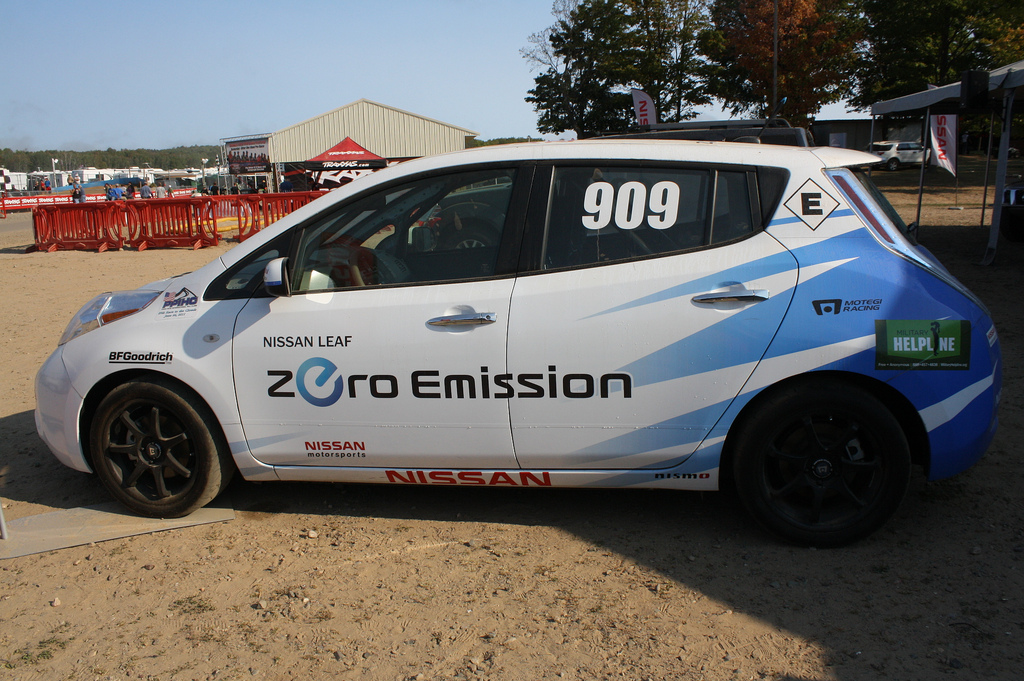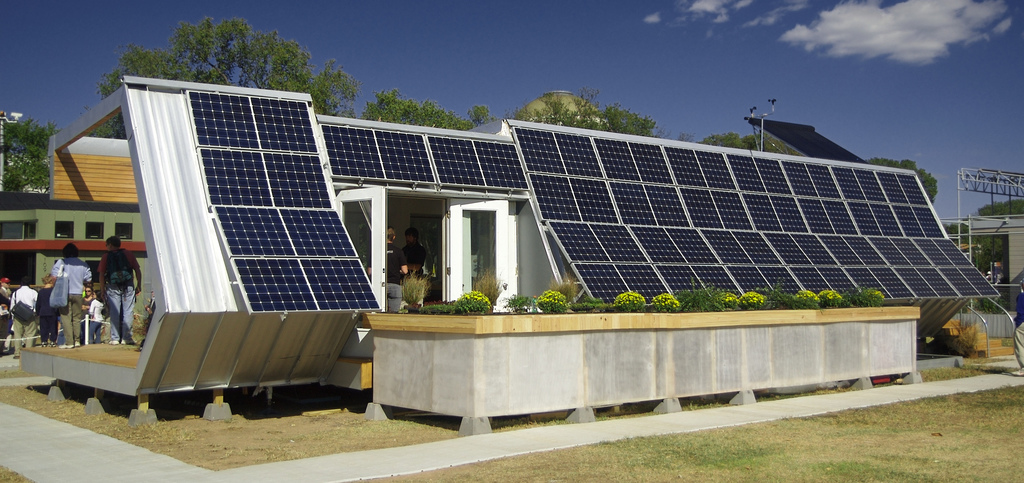With the new Nissan Leaf model expected to hit the roads in 2016, the future of electric car seems brighter than ever before. Not only do they offer a great ride, the reduction in emissions is surely helping the planet. Here are the latest findings of electric car statistics around the world.
- According to a recent paper published by JATO, a leading company that publishes automobile data, while the overall growth in the global car market between 2013 and 2014 was just around four per cent, the demand for electric vehicles (pure electric as well as plug-in hybrid cars, according to JATO) witnessed a surge of 43 per cent. Phew!
- According to JATO, last year the number of electric cars sold was a decent 280,000 (out of 72 million cars overall). Though this makes up just 38 per cent of the total car share, still some bright hope for the future. The good news is that by the end of this year, in North America, this number could be 0.54 per cent; while in Europe, such cars could end with a 1 per cent share of the total cars sold.
- According to worldwide electric car sales, Nissan is the leader of the pack, followed by Mitsubishi, Tesla, Volkswagen and BMW. But new players shall not lose hope. New cars like the Chinese BAIC E-Series managed to sell over 8,000 units this year by November end, despite being only available natively.
- The future estimates published by JATO suggest that by the end of 2016, 700,000 cars will be sold globally. In fact, by 2025, estimates suggest sales of 5.5 million cars annually, with China, Europe and U.S.A. set to lead the car sales.
- According to another automobile data validating authority, EagleAID, Western Europe itself might end with 86,000 sales in 2015 This would be a 38.4% rise over the sales in 2014. This figure excludes the plug-in hybrids, which if included, would make the overall figure cross 100,000 easily.
- While rise in the sales of electric and solar cars is otherwise seen as good news for the environment, the state of affairs in the Netherlands does not suggest so. While Rotterdam is getting crowded with electric cars, most of the fuel being supplied to them is through coal-fired power plants, though there are other sources too. This is a tricky situation for the Netherlands, as the petrol costs are touching the sky, the electric vehicles are being sold at more than reasonable prices. In fact, California-based Tesla is slowly establishing Netherlands as its main point of operation (along with factories) in Europe.
- But according to Luc Werring, former principal adviser to the European Commission on energy issues, neither hybrid cars, nor the case of surge in sales is helping cut down the electricity generation emissions by any considerable extent. So are we back to square one?
- Not exactly, as electric cars with a better than average mileage can help in reducing the carbon emissions greatly, even with some of the electricity provided by coal-powered stations. However, an electric or hybrid model that might be good for one state or city might not perform equally well in other cities. Hence, buying from local showrooms is a more sensible option.
- According to Nic Lutsey, program director, International Council on Clean Transportation, electric cars will help reduce the carbon footprint overall. But according to Professor John DeCicco, University of Michigan Energy Institute, rather than pushing electric and hybrid vehicles, more emphasis should be paid at improving the efficiency of traditional car engines. This, according to him, would be a much more optimum solution for the environment as well as the economy.
Sources: The Washington Post, Inside EVS, CTV news.







